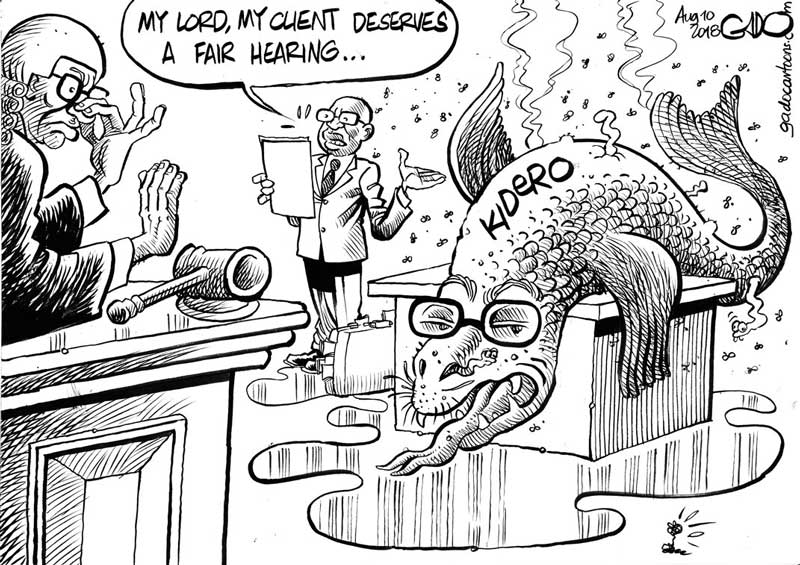×
The Standard e-Paper
Stay Informed, Even Offline

Several developments are refocusing Uhuru Kenyatta’s presidency to stress three interrelated undertakings. First is reaching out to “unify” contending interests. Second is making the Big 4 agenda a lasting reality. Third is to intensify the fight against corruption. Properly harmonized, the three undertakings can transform national attitude positively.